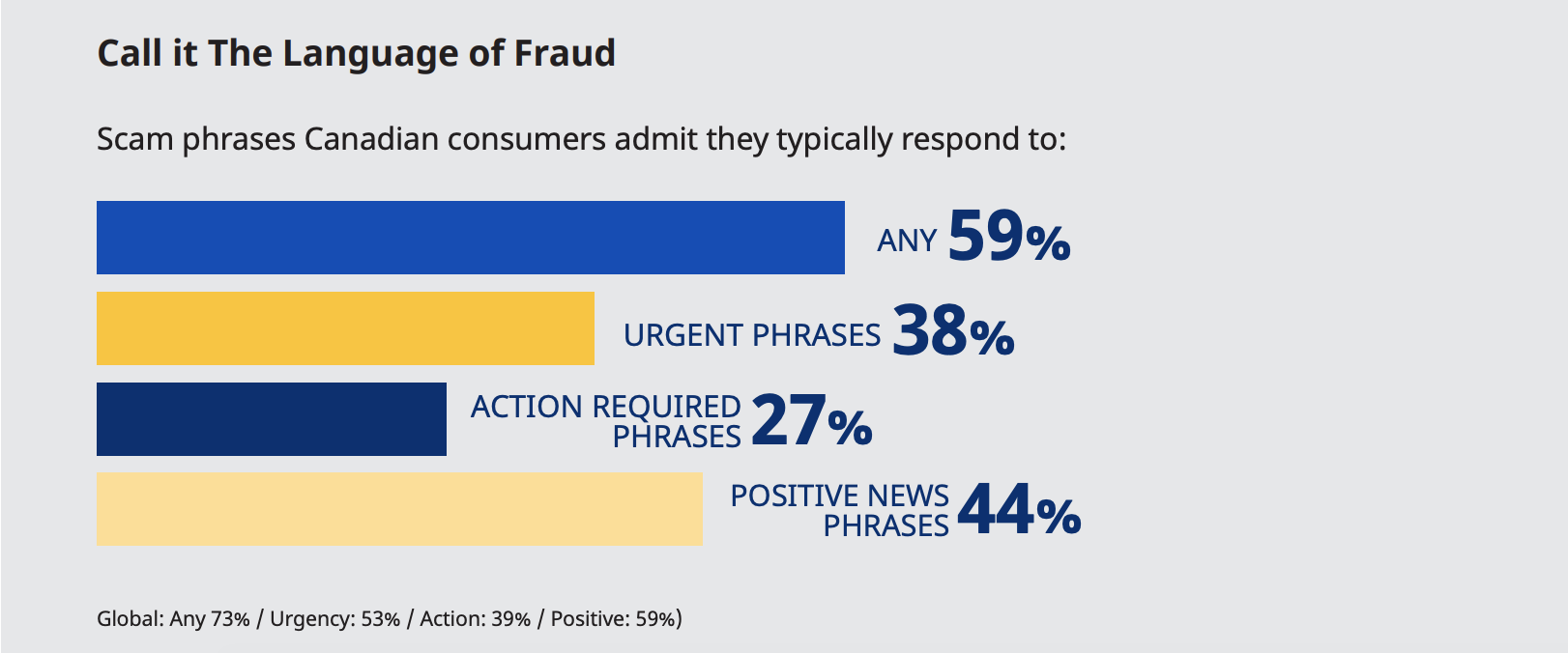Two men from Ontario found themselves without their Aeroplan loyalty points after their accounts were hacked by thieves who redeemed the points for gift cards.
The two men, Richard Chen and Ritwik Ray had both been collecting loyalty points from the company for years, with Chen revealing that he lost 150,000 points when they were taken from his account.
Aeroplan was acquired by Air Canada in early 2019, with the airline company saying that weak passwords are partially at fault for the breaches. Air Canada also said clients caught in phishing schemes contributed to the account hacks.
Two Ontario men say they were shocked when their Aeroplan accounts were hacked and their loyalty points were stolen. https://t.co/PHRr6AYAQh
— CTV Toronto (@CTVToronto) April 12, 2023
A spokesperson for Air Canada has said that the company has looked into the issue and has confirmed that both customers were victims of fraud.
The company has gone on to say that they continually remind its clients of safety protocols to protect them from instances of fraud, including the importance of updating passwords.
“Whenever possible ensure Multi-Factor Authentication is enabled on your online accounts. Passwords should never be the same for multiple services and customers should ensure the password being used is strong and not easy to guess,” a spokesperson for Air Canada told CTV News.
Air Canada has confirmed that the fraudulently redeemed points have been returned to the affected customers.
Via: CTV News Toronto







